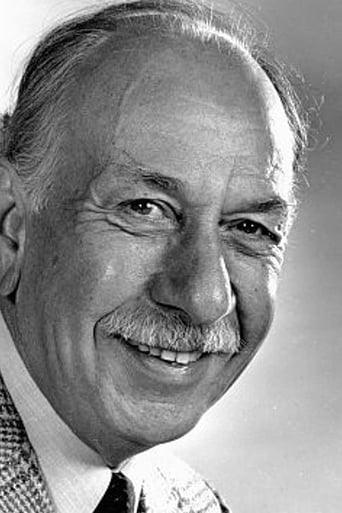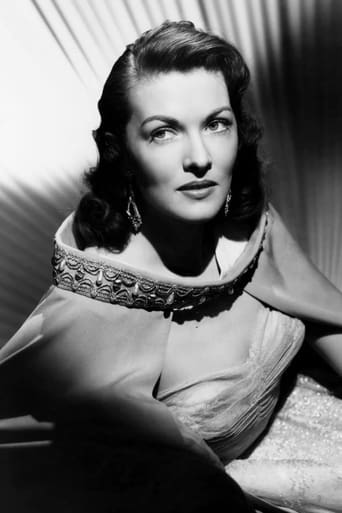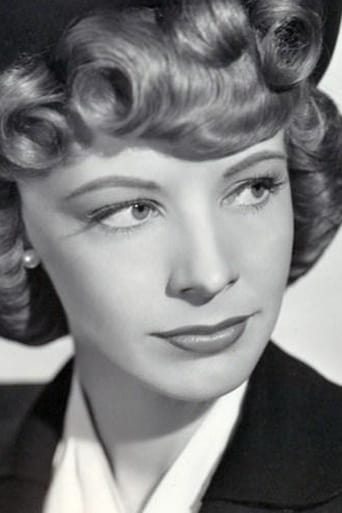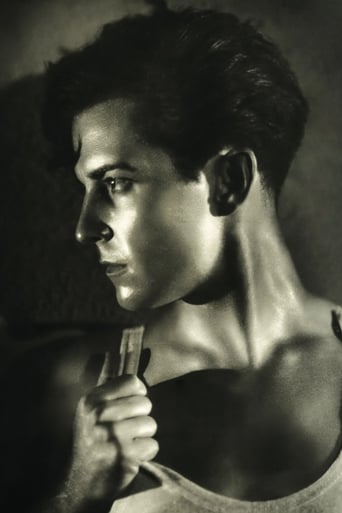Moustroll
Good movie but grossly overrated
ChanFamous
I wanted to like it more than I actually did... But much of the humor totally escaped me and I walked out only mildly impressed.
Aiden Melton
The storyline feels a little thin and moth-eaten in parts but this sequel is plenty of fun.
Fatma Suarez
The movie's neither hopeful in contrived ways, nor hopeless in different contrived ways. Somehow it manages to be wonderful
utgard14
Surgeon Cary Grant and his wife Paula Raymond are vacationing in some South American country when they are kidnapped by the military police and taken into the mountains. There they are told the country's dictator, José Ferrer, is in need of an operation to remove a tumor. Grant reluctantly agrees but then his wife is kidnapped by revolutionaries who would like to see Ferrer dead.Hollywood types have always had a fascination with the politics of Latin American countries, their dictators and rebels. This was especially true in the 1950s. So I'm not surprised this was made. I'm also not surprised it flopped at the box office. It's the directorial debut of Richard Brooks, a director who I believe made it farther having friends in high places than any appreciable degree of talent. But I suppose that's true of many directors, actors, etc. even to this day. Grant does fine here but the film is so serious and monotone that it removes many chances for Grant's charisma and personality to shine through. There are a couple of quips here and there that stand out against the rest of the movie's drabness. Paula Raymond is pretty but wooden. José Ferrer is very stagy. Signe Hasso, Leon Ames, Gilbert Roland, and Ramon Novarro are all fine in supporting parts. It's not a bad movie of its type, just ordinary and dull. Not the kind of movie a Cary Grant fan will likely expect.
blanche-2
Cary Grant is a noted surgeon traveling with his wife (Paula Raymond) in a Latin American country when there's a "Crisis." This 1950 black and white film also stars Jose Ferrer, Leon Ames, Ramon Novarro, and Gilbert Roland. Grant, as Dr. Ferguson, and his wife are trying to leave the country due to political unrest when they are kidnapped and brought to the home of the country's dictator, Raoul Farrago (Ferrer). There, they learn from his wife (Signe Hasso) that the leader is dying of a brain tumor, and options for an operation are few as no one wants him to live. Ferguson agrees on certain conditions. Ultimately, his wife is involved in a riot, and he sends her home. It isn't until the surgery is over that he learns that certain things have been kept from him.This is actually a very good and underrated film, not the usual Cary Grant type of role or movie, which in itself should have sparked some interest when it was released. People know the handsome Grant and his debonair persona, his gift for physical comedy and the way he has with a line - but it's nice to remember occasionally that underneath all that star power and tailored suits there's a fine actor. Here he plays a man who makes a commitment to a patient he plainly doesn't like, and he has to fight to control his emotions. His anger over the situation makes this difficult. Ferrer is terrific as a violent man who thinks of his people as dumb children as he feathers his own nest with money that rightfully belongs to them. As his Evita-like wife, Signe Hasso has a chance to show her capabilities, and she's excellent - charming on the surface, worried about her husband, and hard as nails underneath. Hasso was a wonderful Swedish actress often relegated to B movies or to small roles in A films. Eventually she turned to theater and television. Here we see, had the roles been there for her, what a find she truly was.It's always great to see old-timers Gilbert Roland and Ramon Novarro, the latter as Colonel Dragon, and the former as a revolutionary who wants Grant to kill Farrago on the operating table. Actually he's no better than Farrago, and Ferguson gets a bird's eye look at oppression politics.A very good film; worth seeing for Grant, Ferrer and Hasso.
burmashave1
I had thought I'd seen just about every film Cary Grant made until I saw "Crisis" on Turner Classic Movies today. I found it a well-done suspense thriller, which at the same time examined some heavy moral decisions that must be made in times of stress and crisis. The moral dilemma of a doctor facing a decision to save a life, when the patient's death would benefit so many is truly a difficult one. Does the doctor live up to his oath to heal, or does he live up to his moral values which demand that tyranny be opposed and destroyed? Do professional ethics supersede moral values? The battle within the doctor is well delineated. The climax of this battle within himself is sobering. The acting is excellent, especially that of Grant and Jose Ferrer. Ferrer's depiction of the dictator is chilling indeed. The end comes as a decided relief.
Jugu Abraham
This is Richard Brooks' first directorial effort. Examining the work half a century after it was made, the film presents a director who knows how to get the most from his actors through the written word and the way it is spoken. Three actors sparkle: Cary Grant, Jose Ferrer, and Signe Hasso.Compare Cary Grant's acting in the Hitchcock vehicles and in this. Grant presents a maturity in his speech patterns that do not show up under Hitchcock's direction. I think much of the quality of the performances is probably due to the director who took his first film seriously--probably a lot more than he did in his later career. All in all, this is a curious film--quite unusual in several ways compared to the average Hollywood products in the Fifties. Is it only a question of humanism winning over all evils? Or more?





